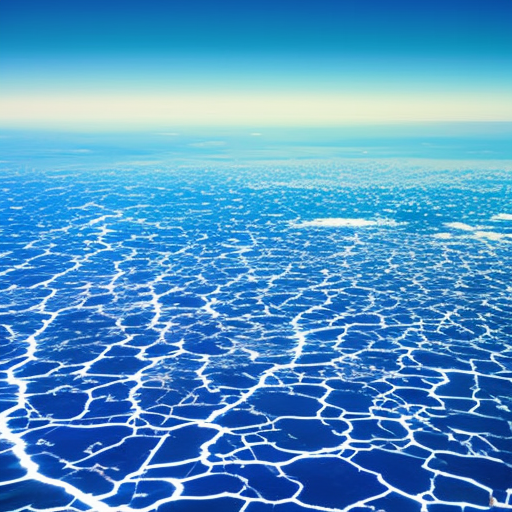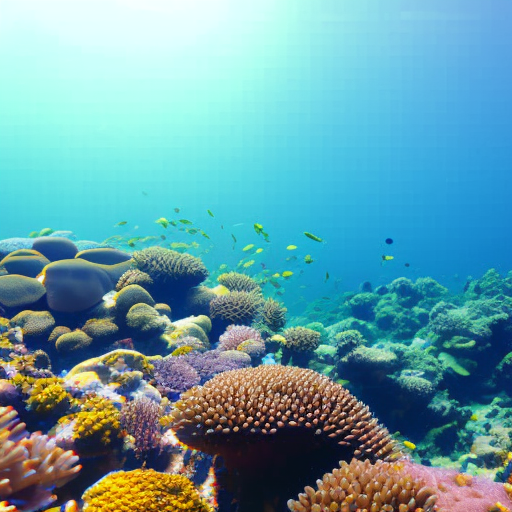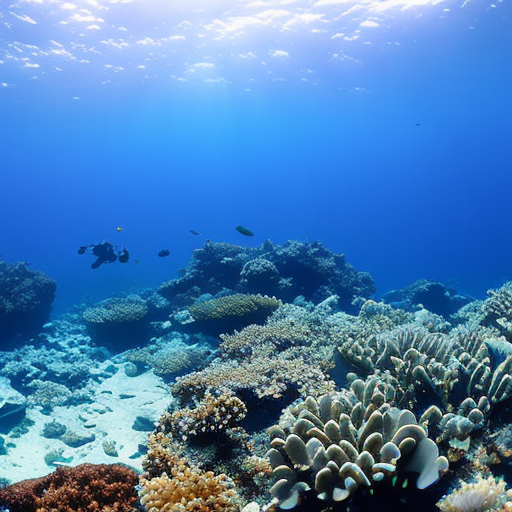Ocean currents are large-scale movements of water in the ocean that play a crucial role in regulating Earth’s climate and transporting heat around the globe.
Marine Conservation Explained
Marine conservation focuses on protecting and preserving the health and biodiversity of marine ecosystems and species.
Neuropsychology Explained
Neuropsychology is the study of how brain function and behavior are interconnected.
Marine Geology Explained
Marine geology is the study of Earth’s geological processes and formations in the oceanic environment.
Climate Modeling Explained
Climate modeling is the process of using computer simulations to predict and understand the Earth’s climate system.
Weather Forecasting Explained
Weather forecasting is the scientific process of predicting atmospheric conditions and weather patterns.
Atmospheric Pressure Studies Explained
Atmospheric pressure studies investigate the variations and effects of air pressure on weather patterns, climate change, and human health.
Hurricane Tracking Explained
Hurricane tracking involves monitoring and predicting the path and intensity of hurricanes using advanced scientific and technological tools.
Humidity And Precipitation Explained
Humidity and precipitation are interconnected atmospheric conditions that influence weather patterns and water availability.
Cloud Formation Explained
Cloud formation is the process by which water vapor condenses into visible clouds in the Earth’s atmosphere.
Thermodynamics Explained
Thermodynamics is the study of energy and its transformations in systems.
Atmospheric Optics Explained
Atmospheric optics is the study of how light interacts with the Earth’s atmosphere, leading to various optical phenomena such as rainbows and halos.



















